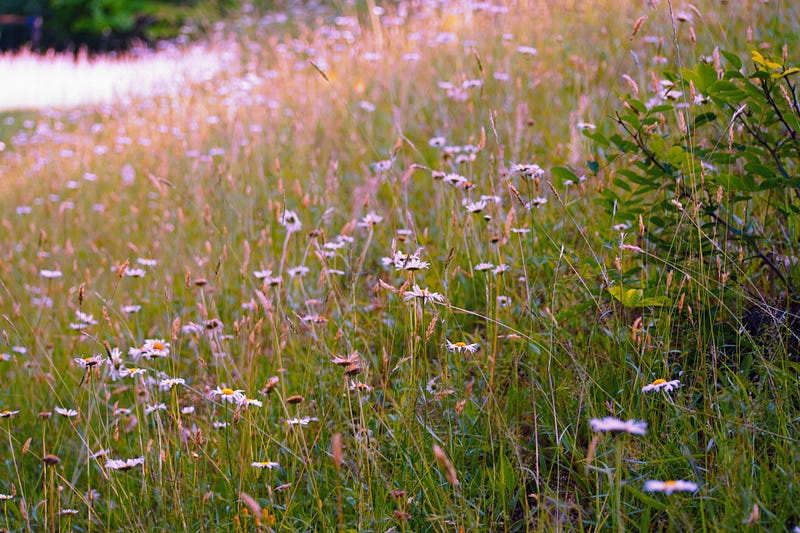Creating a Utopian Dream: A Journey to Finding Paradise
Written on
Chapter 1: The Quest for Utopia
“What constitutes a utopia?” a character mused in the series “Moonhaven.” The amusing line, “We got rid of the lawyers,” struck me, perhaps due to my legal family background. While not many viewers may catch such nuances, it reflects a humorous take on societal structures.
The show revisits themes from Walt Kelly's Pogo, emphasizing self-awareness: “We have met the enemy and he is us.” A character provocatively states, “We are them and they are us,” referring to the societal issues that plague our world. It raises questions about who truly embodies the “bad guys” in today’s context, particularly concerning power and greed—topics that remain relevant.
Reflecting on “what defines a utopia,” I realize it’s a complex question. Eliminating lawyers is a playful start, but the list of societal changes needed would be lengthy and multifaceted.
Historically, communes represented the hippy ideal of a utopian society—a notion that, while imaginative, often fell short of practical viability. Many college dropouts sought communal living, prioritizing experiences over essential needs like food and shelter.
Fast forward to today, and there’s a renewed desire for a lifestyle that embodies relaxation and joy. Many of us, particularly those from the Baby Boomer generation, yearn for change, better weather, and a more fulfilling existence. We seek solace in television shows like “Beachfront Bargain Hunt,” “Mexico Life,” and “Caribbean Life” to explore potential havens.
Before relocating to the Blue Ridge Mountains, these shows guided our search for a new life. Many of our friends made similar choices, finding homes in places like Costa Rica, Mexico, and Portugal, while others, like us, opted to stay in the U.S., despite ongoing concerns about our country’s direction.
Our decision to move was influenced by various factors: climate, cultural diversity, and the natural environment. Leaving the scorching heat of Phoenix, where temperatures soared above 120 degrees for months, we sought a milder climate. The relentless traffic and sprawling urban environment prompted a change.
Now, we find ourselves in North Georgia, where the air is fresh, and the scenery is lush. Unlike the dry Arizona landscape, we enjoy verdant grass and beautiful gardens, a welcome change from maintaining a stony yard.

Our move was a careful balancing act of what we disliked about our previous life and what we wanted to embrace. Here, we experience regular rainfall—a stark contrast to the mere 1.5 inches we received in Arizona over two years. In Georgia, temperatures are pleasant, ranging from the 60s at night to the 80s during the day, with mild winters that occasionally bring light snow.
In Arizona, small pets were at risk from local predators, but here, we share our space with deer and even the occasional bear. The lack of people nearby adds to the tranquility of our new life.
We’ve discovered our version of utopia, and I invite you to reflect on your own. What does your ideal life look like? How will you pursue it?
It’s surprising to think that I would turn to television as a guide in this quest, yet it has been an unexpected tool. Here, the absence of lawyers and a focus on community over politics have created an environment that feels almost perfect.
Now, it’s your turn to seek out your utopia. Don’t delay; it’s waiting for you.
Chapter 2: Exploring Utopian Concepts
The first video, “Creating a World That Works for All is Not Utopian,” delves into the concept of a shared society. It discusses the possibilities of a harmonious future where everyone thrives together.
The second video, “Writing Prompt: Create a Utopian Society (That Becomes a Dystopia),” challenges viewers to think critically about the potential pitfalls of an ideal world. It explores how even the best intentions can lead to unforeseen consequences.
In closing, the journey to finding your version of utopia is personal and unique. Embrace the exploration and take the first steps toward your dream.